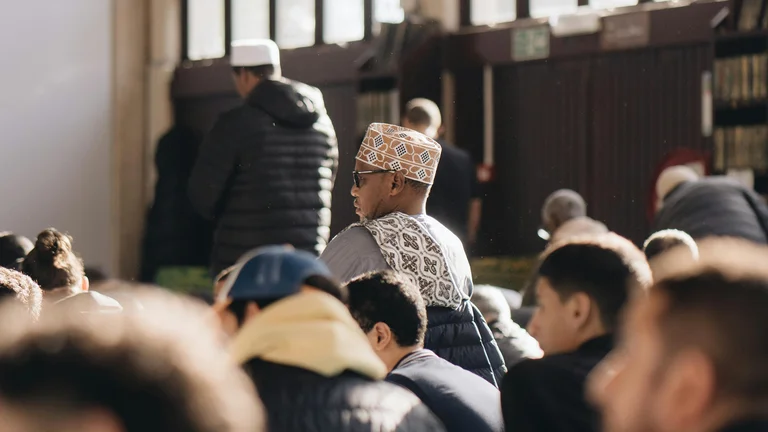Understanding Social Connections

Social connections play a vital role in our lives. They encompass friendships, family ties, and even relationships with colleagues. These bonds offer support, encouragement, and companionship. As people interact and form relationships, they create networks that provide both emotional and practical assistance. Feeling connected can significantly improve mental health, increasing happiness and decreasing feelings of isolation.
Research indicates that having strong social ties can enhance life expectancy. A supportive network can reduce stress, thereby benefiting physical health as well. This explains why engaging in social activities is essential for individuals and communities alike. When communities prioritize social connections, they foster a sense of belonging among their members.
The Benefits of Community Involvement
Community involvement refers to the active participation of individuals in their local areas. This could involve volunteering, attending local events, or joining community organizations. Such participation fosters collective identity and pride. Engaging in community activities helps individuals to develop a sense of purpose while contributing positively to society.
Moreover, community involvement builds social skills. Engaging with diverse groups allows people to learn from one another's experiences. This interaction can bridge gaps in understanding between different cultures and backgrounds. Studies show that active participants in community activities typically report higher levels of satisfaction in their lives.
Ways to Build Social Connections
Building social connections may seem challenging, but there are various practical ways to do it. One way is to join local groups based on interests, such as book clubs, sports teams, or hobby groups. This provides a platform for meeting people with shared interests.
Another effective approach is engaging in volunteer work. It not only helps the community but also leads to meeting caring individuals who share a desire to make a difference. Community centers often host events and activities that anyone can join, providing additional opportunities to form connections.
Overcoming Barriers to Connection
While forming social connections is important, many face barriers. Such barriers may include shyness, busy schedules, or misconceptions about others. Addressing these barriers begins with self-awareness and a willingness to step outside of comfort zones.
Training programs focused on social skills can help individuals overcome these challenges. These programs can equip people with tools to initiate conversations and maintain relationships. Moreover, communities that promote inclusiveness can also help foster environments where connections can flourish.
Building Lasting Relationships
Long-lasting relationships are crucial for overall well-being. Nurturing these connections requires time and effort. Regular communication, shared experiences, and mutual support are essential components of any strong relationship.
To enhance lasting connections, individuals should practice active listening. This shows empathy and encourages open dialogue. Participation in group activities strengthens bonds, allowing for shared memories that cement relationships. Ultimately, cultivating deep and satisfying social connections leads to a more engaged, healthier community, creating a positive feedback loop of connection and involvement.
| Aspect | Description |
|---|---|
| Social Connections | Bonds between individuals offering emotional and practical support. |
| Community Involvement | Active participation in local activities that fosters collective identity and pride. |
| Benefits | Improved mental health, enhanced life satisfaction, and increased longevity. |
| Building Connections | Joining local groups, engaging in volunteer work, attending events. |
| Barriers | Factors such as shyness or busy schedules that hinder social interaction. |
| Maintaining Relationships | Requires time, effort, active listening, and shared experiences. |
FAQ - Social Connections and Community Involvement
What are social connections?
Social connections are the relationships and ties between individuals, including friendships, family, and professional networks that offer emotional and practical support.
How does community involvement benefit individuals?
Community involvement enhances personal satisfaction, builds social skills, fosters a sense of belonging, and contributes to overall well-being.
What can I do to build social connections?
You can build social connections by joining local interest groups, volunteering, attending community events, and engaging in social activities.
What barriers might prevent social connections?
Common barriers include shyness, busy schedules, and misconceptions about others. Overcoming these requires willingness to engage and promote inclusiveness.
How can I maintain lasting relationships?
To maintain lasting relationships, prioritize regular communication, practice active listening, share experiences, and participate in group activities.
Social connections and community involvement are fundamental for personal happiness and societal well-being. Building strong relationships enhances emotional support, stretches social skills, and contributes to a fulfilling life. Engaging in community activities fosters a sense of belonging, which is essential for mental health.
Conclusão sobre Social Connections and Community Involvement.